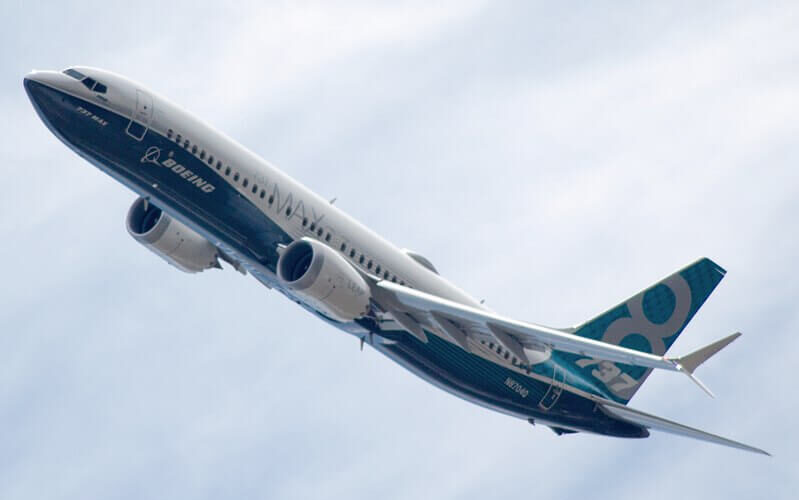Three different authority agencies announced on March 19, 2019, they would each review the safety of the MCAS independently: the Federal Aviation Authority, the European Aviation Safety Agency and Transport Canada. The same day, Boeing and the FAA reshuffled some of their management team.
FAA, EASA and Transport Canada to carry out independent reviews
On March 19, 2019, US Secretary of Transportation Elaine Chao confirmed an audit is ongoing to verify the procedure for certification of the Boeing 737 MAX 8 by the Federal Aviation Authority. The investigation has been assigned to the Inspector General of the U.S. Department of Transportation (DOT). In the memo Chao specifies that the audit will “assist the FAA in ensuring that its safety procedures are implemented effectively”.
Seemingly not satisfied with the prospect of a U.S.-based investigation, Transport Canada (the Canadian transport safety authority) announced it would run its own investigation. “When the software update will be done within a few weeks, we will do our own certification in Canada, even though it has been certified by the FAA,” Marc Garneau, Minister of Transport, told the press.
This move can be seen as a surprise, as both regulators usually work very closely. Transport Canada is facing criticism as it was one of the last authorities to declare the grounding of the Boeing 737 MAX. On March 11, 2019, the same day the European Union enforced a ban on the aircraft, Garneau declared he was confident in the safety of the plane, and that he would “not hesitate” to board it.
The country’s flag carrier, Air Canada (ADH2) , said its 24 Boeing 737 MAX aircraft would remain grounded until at least July 1, 2019. To minimize the impact of the grounding, the airline extended leases of some of its aircraft, while using the services of other carriers like Air Transat.
Hours later, the EASA declared that it would not validate the decision of the FAA as it is custom. In front of the European Parliament’s (EP) Transport and Tourism Committee, Patrick Ky, Executive Director of the regulator said that the Boeing 737 MAX would not be allowed to fly in the European airspace before an “in-depth analysis” of the MCAS update offered by Boeing is carried out. “We will not allow the aircraft to fly if we have not found acceptable answers to all our questions,” Ky told the committee.
Reshuffle at Boeing and the FAA
On the day the independent investigations were announced, several changes in the management of Boeing and the FAA were reported. President of the United States Donald Trump announced his decision to appoint former Delta pilot Steve Dickson to replace Daniel K. Elwell as head of the FAA for a period of five years. The change must still be approved by the US Senate.
Elwell, a former American Airlines (A1G) (AAL) pilot, had been the interim administrator since the end of Michael Huerta’s term, in January 2018. The nomination of a replacement has been delayed since then by a dispute between the Senate and Donald Trump, who wanted to appoint his personal pilot, John Dunkin.
As for Boeing, Lynne Hopper, previously in charge of the test and evaluation unit, is to be appointed as Vice President of engineering. More importantly, John Hamilton is to step down as Vice President of commercial aviation division, according to CEO Kevin McAllister, and remain solely chief engineer. “This will allow him to fully dedicate his attention to the ongoing accident investigations,” McAllister said in an email to his employees.
Hamilton had previously served as Boeing Vice President of Safety, Security and Compliance. In this position, he oversaw the Commercial Airplanes Organization Designation Authorization, a certification program on behalf of the FAA. He held that position from July 2013 to March 2016, period during which the Seattle Times says the FAA delegated to Boeing engineers the certification of the MCAS, the system that might be responsible for the crash of both Lion Air and Ethiopian Airlines Boeing 737 MAX 8s.

